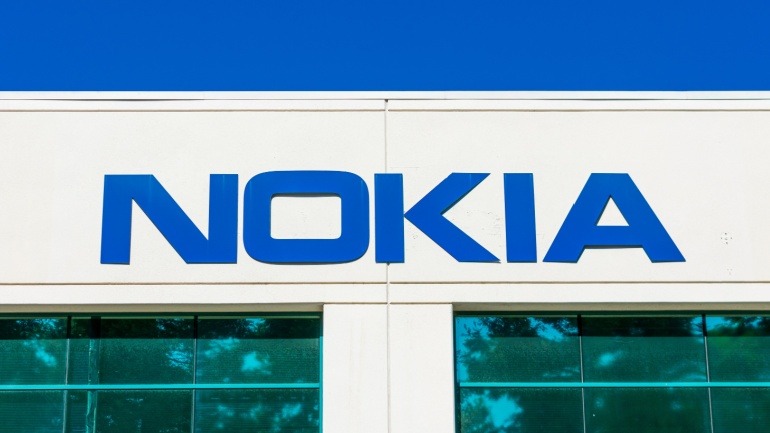Airtel has achieved a milestone by landing the SEA-ME-WE 6 cable in Chennai, enhancing global connectivity. This expansion brings increased network capacity, reinforcing Airtel’s place in telecoms.
Future Technologies has achieved impressive success with over $20 million in Industry 4.0 private 5G deals, primarily partnering with Nokia. Their focus on private 5G extends to connected industrial systems, boosting operational efficiency.
Airtel is revolutionizing India’s telecom sector by collaborating with Nokia and Qualcomm to amplify 5G Fixed Wireless Access (FWA) and Wi-Fi solutions. Emphasizing the advantages of 5G technology, this partnership is set to address India’s digital demands.
Singtel has pioneered the deployment of the 700 MHz spectrum, enhancing its 5G service and marking a significant milestone in Singapore’s telecom landscape. This upgrade boosts the Singtel 5G+ service, strengthening signals by 40% across challenging environments like high-rises and underground areas.
SK Telecom has joined the MIT Generative AI Impact Consortium to explore AI’s societal and industrial impacts. Partnering with global leaders like OpenAI and Tata Group, SK Telecom aims to drive AI innovation in ICT, semiconductors, and energy.
Rockwell Automation’s strategic acquisition of Clearpath Robotics and OTTO Motors positions the company at the forefront of industrial automation, with a focus on AMRs for material handling. As demand for AMRs grows, Rockwell aims to deliver cutting-edge, integrated logistics solutions, reinforcing its leadership in the VoIP-enabled industrial sector.
Open Gateway, initiated by GSMA, is set to redefine mobile networks with standardized telecom APIs, underpinning 5G’s potential. With coverage from 67 global operators, it aims to streamline developer interaction and offers vast opportunities for API-driven fraud prevention, edge computing, and digital transformation.
Nokia has unveiled a groundbreaking 5G-enabled Nokia 360 Camera designed for Industry 4.0 applications. Featuring immersive 8K streaming and connectivity via 5G, Wi-Fi, and Ethernet, this camera blends cutting-edge virtual reality capabilities with robust durability.
The U.S. Department of Commerce has tightened restrictions on China’s access to advanced semiconductors critical for military and AI technologies. New rules target manufacturing equipment, high-bandwidth memory, and compliance measures while adding 140 entities to the Entity List.
MTN’s strategic partnership with China Telecom and Huawei leverages advanced technologies like 5G, IoT, and AI to enhance South Africa’s digital landscape. By prioritizing transformative services, this collaboration ensures improved connectivity and infrastructure.












